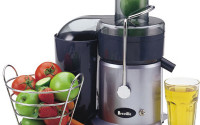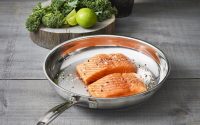When is it Ideal to Replace Your Kitchen Cookware and Utensils?
Do you remember when was the last time you replaced the cutting board or that non-stick pan? If you truly don’t remember, then this is one of the signs you should throw it away. Sometimes, even if kitchen cookware looks relatively OK, you still may need to consider replacing it.
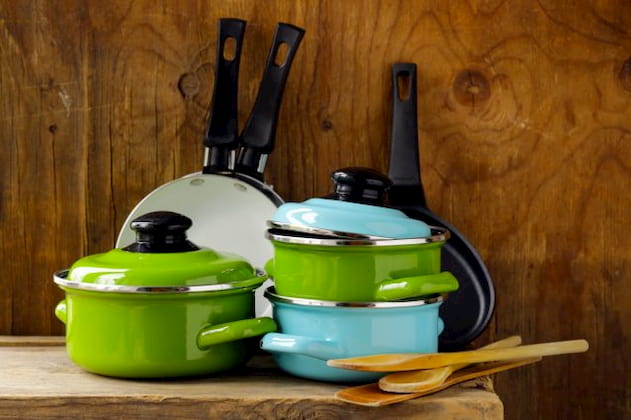
Source: cookist.com
When to Replace Kitchen Cookware?
The evolution of cookware has come a long way. Gone are the days when pots and pans were made to last. Nowadays, it all comes down to more profit for the manufacturer and more expenses for the user. Why is that so? Well, most manufacturers focus less on durability so they can keep their production cost down. On the other hand, this helps them in the long run to always come up with something ‘newer and more innovative’.
However, lower quality certainly shortens the lifespan of the items, so like it or not, you have to buy new ones. However, you can still find kitchen cookware that’s more durable and of better quality. You just need to shop only from reputable and reliable suppliers that provide kitchen appliances which can last you for up to 15 years.
But what about non-stick pans and pots? When to replace them? Generally speaking, non-stick cookware is usually covered with Teflon coating which makes cleaning and cooking easy. Nowadays you can go for some healthier choices, like mineral stone granite internal coating for extra durability. Either way, all of these cookware options have their ‘expiration date’ and they can last for up to 5 years. However, there are some early signs that can help you detect when the pan or pot needs to be replaced.
The Pan Starts to Warp
This affects food quality more than the cookware’s longevity. Why is that? Well, when a pan is warped, its surface becomes uneven, so the food will not be cooked everywhere at the same temperature. This can certainly affect its taste, so if you want to play safe, it’s best to throw the old pan and invest in a new one.
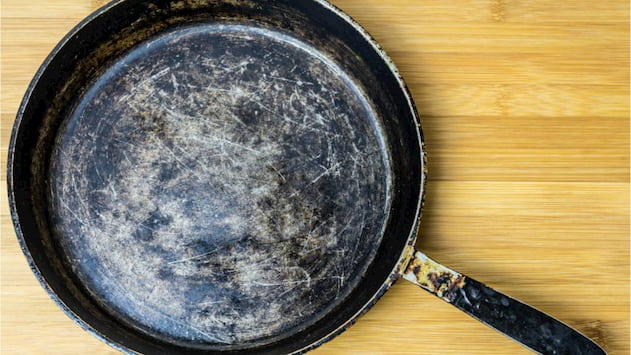
Source: globalnews.ca
The Pan Has Discolouration
When the pan starts to get darker, this means that the nonstick surface is already damaged and not safe for use. So, there’s nothing else you can do but change it. An important thing you need to know is that not all discolouration is bad. In other words, discolouration could also happen by food build-up especially by spices like curry and turmeric. Turmeric, in fact, is considered a natural dye, so if you use it often, it could stain the pan.
The Pan is Extremely Scratched
Unfortunately, scratches can happen to both old and new pans and pots. The main cause for scratches in nonstick pans is the use of stainless steel utensils and cutting something on its surface with a sharp knife. And since Teflon contains the hazardous man-made chemical called Perfluorooctanoic acid (PFOA), this means that once the pan is scratched, this chemical will leach into the food when cooking in it. But the same thing can happen with any other pan with a nonstick surface which is why you should immediately replace these.
When to Replace the Cutting Board?
When it comes to using a cutting board, professional chefs recommend using two different cutting boards, one for meat and one for fruit and veggies. Whether you have a plastic, wooden, or stone cutting board, you should clean it after every use with hot and soapy water. You can sanitise it even more by spraying it with a solution of 1 tablespoon of unscented liquid chlorine bleach per 4kg of water. However, if your cutting boards are too old and have deep grooves which are extremely hard to clean, it’s time to ditch them and buy new ones.
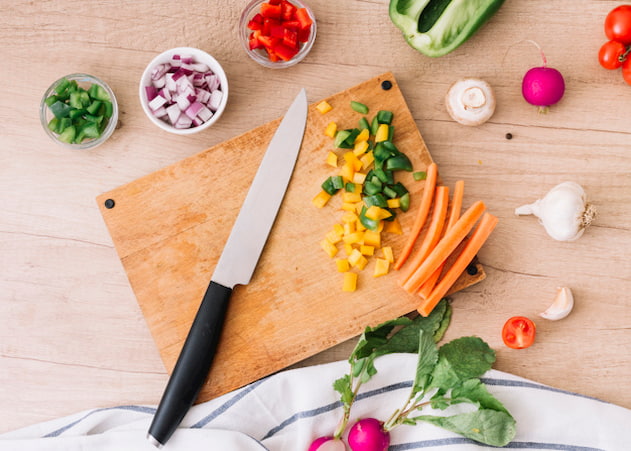
Source: freepik.com
When to Replace Sponges & Dish Towels?
Probably you’ve already seen and heard the many ‘horror’ stories about sponges and bacteria. Kitchen sinks are the ideal place for bacteria growth, and the wetter the place, the more bacteria. And since kitchen sponges are wet most of the time, they are the perfect place for bacteria growth. Ideally, it would be best to replace kitchen sponges every day, however, not all of us do this. That is why you must at least decontaminate it with hot soapy water on a daily basis and replace it on a weekly basis.
Regarding dish towels, you should change them on a daily basis, especially if you cook every day. Not only do they get dirty from the cooking ingredients, but they also get wet which is perfect for bacteria growth. If this is too much for you, you can use paper towel instead.

